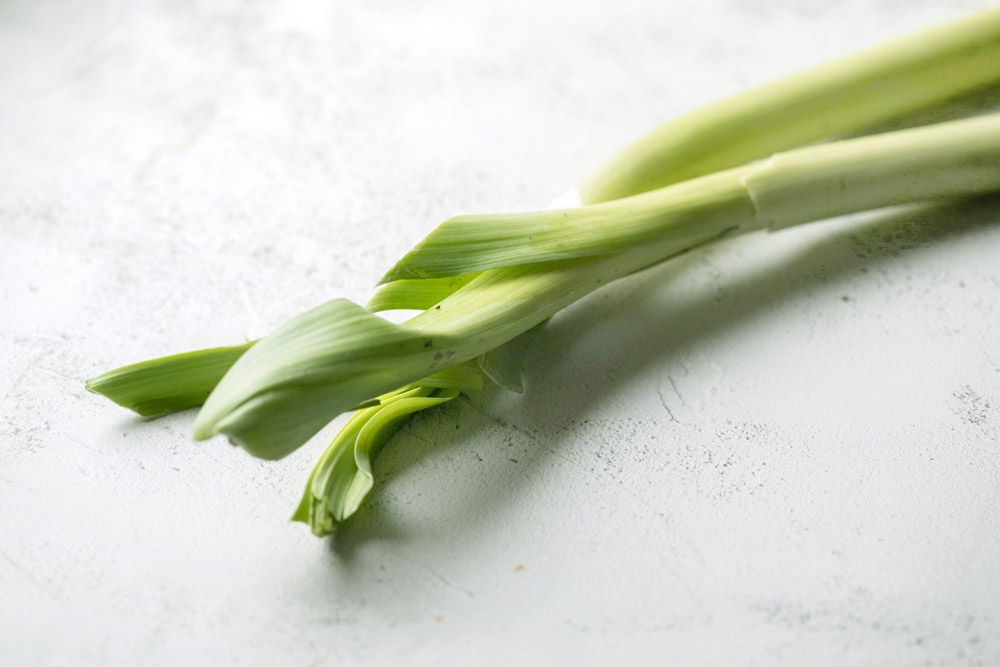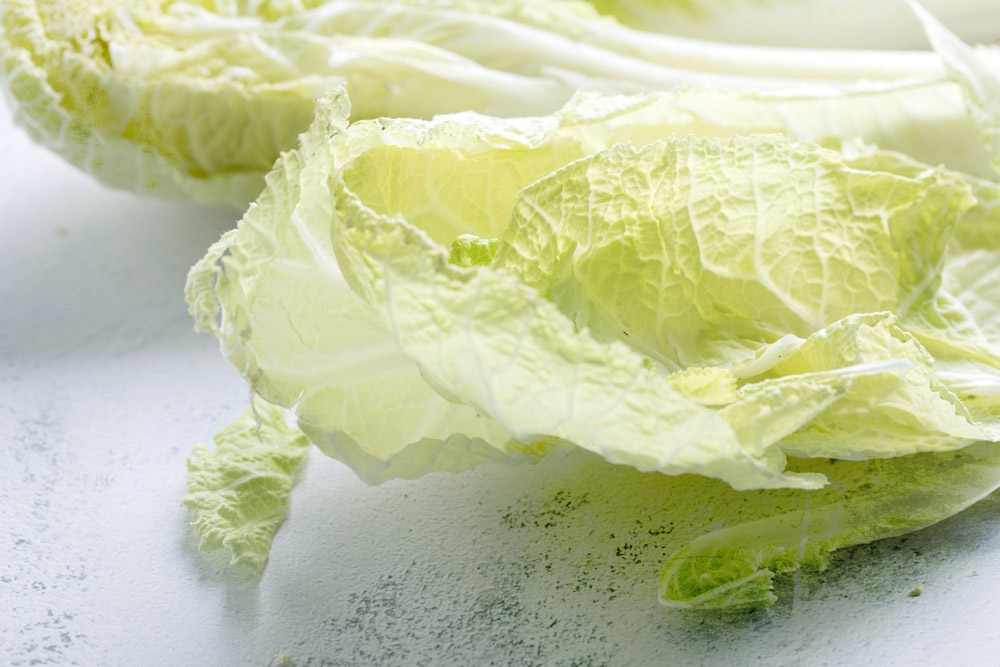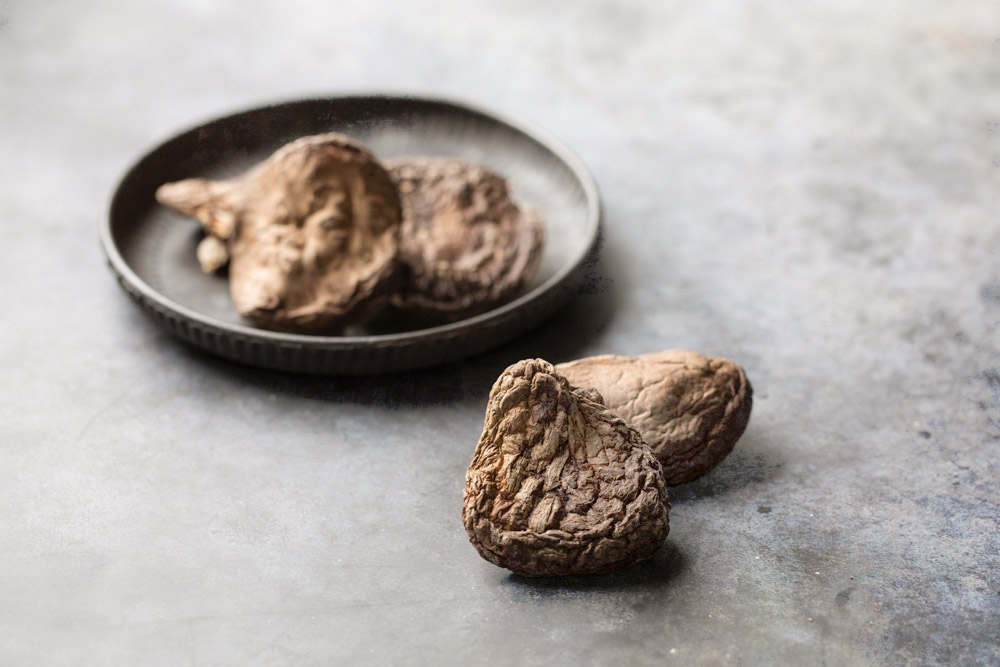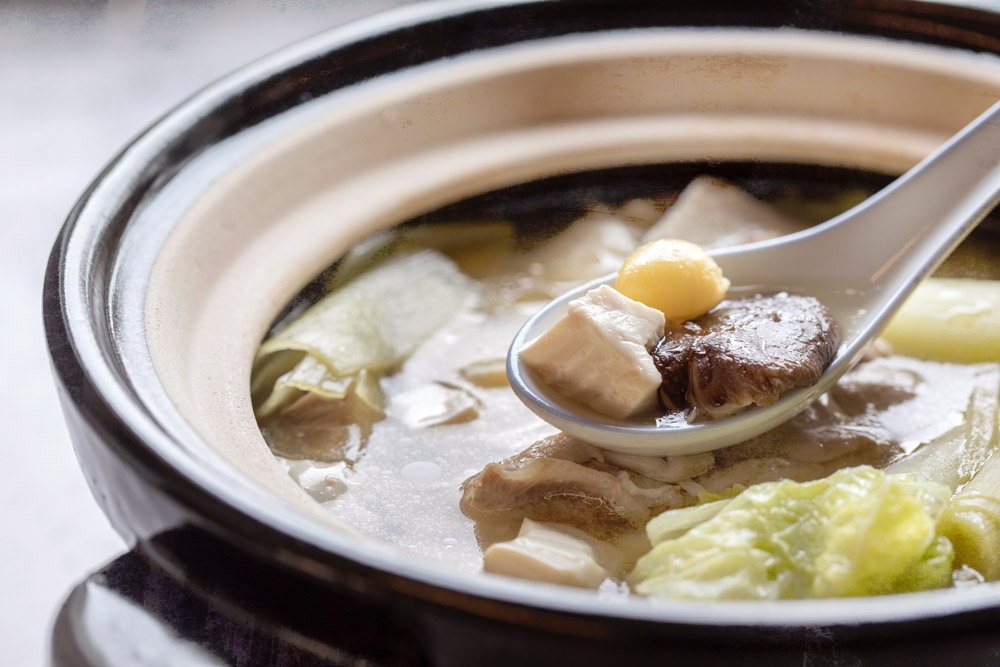
[ad_1]

KUALA LUMPUR, June 22 — Rainy days are perfect for soups or soupy dishes. Given that I had some homemade dashi stock ready to use, a nabe or Japanese style hot pot dish sounds perfect.
There are many types of nabe, of course. The most basic is yose-nabe, where meat, seafood, vegetables and mushrooms are cooked in a pot of dashi-based broth. Many of us are also familiar with shabu shabu, oden and sukiyaki.
Some years ago, I visited Kawachi Fuji-en or the Kawachi Wisteria Garden in the wooded hills south of Kitakyushu in Fukuoka, Japan. The private garden bursts into a riot of pink, purple and white petals when the wisteria is in full bloom between mid-April and mid-May.
It was quite an experience, especially for lovers of spring flowers, but it started to rain when we headed back to the hotel.
Advertisement

Sweet and mild leek.
This was when we discovered Fukuoka’s own brand of nabe called mizutaki-nabe, a chicken-based hot pot dish. Using a light dashi stock, the hot pot was filled with chunks of tender chicken, leek, Chinese cabbage, shiitake mushrooms and soft tofu.
We forgot the rain the moment we had our first sip of the soul-reviving soup. We took time to select different cooked ingredients from the hot pot, dipping each piece in some ponzu sauce before eating.
The sweet and mild leek; the sturdy yet leafy Chinese cabbage, now softened by slow simmering; the earthy, savoury flavour of the shiitake mushrooms; the chawanmushi-like texture of the soft tofu, still hot from the soup’s aromatic steam.
Advertisement
A soulful meal for a rainy day. One we promised to replicate when we got back home… and now we have.

The sturdy yet leafy Chinese cabbage is great for simmering.
MIZUTAKI-NABE
You may use just dashi for the soup stock. Here I have used a 50/50 mix of dashi and water as I find the ingredients — meat and vegetables — will add flavour to the broth. The shiitake mushrooms, in particular, will add a much appreciated hit of umami to the mizutaki-nabe.
In fact, given that the dried shiitake mushrooms have to be soaked in water to rehydrate them, I always reserve this resultant “mushroom water” to use as part of the stock.
The dried shiitake mushrooms only require 15-20 minutes of rehydration before using, though you can also soak them overnight.
I have also added some ginkgo nuts, shelled and their bitter cores removed, but this is entirely optional. (I had some in the fridge, so why waste them?)

Dried shiitake mushrooms add umami in your soup.
A meal of nabe almost always entails small serving bowls — a separate one for each person — filled with ponzu sauce to dip the cooked ingredients in.
Ponzu sauce is a citrus-based Japanese dipping sauce; some versions use yuzu, other citrus fruits such as lemon and sudachi are also used. It is also common to mix the ponzu sauce with soy sauce but I find this dilutes the intense citrusy aroma.
Ingredients
3 pieces chicken thighs
1 leek, sliced
½ Chinese cabbage, coarsely sliced
4 dried shiitake mushrooms, rehydrated and sliced
A handful of ginkgo nuts, shelled and cores removed (optional)
1 litre dashi stock
1 litre water or reserved mushroom water
1 pack of organic soft tofu, cubed
Salt, for seasoning (optional)
Ponzu sauce, for dipping sauce

Organic soft tofu.
Method
Add the chicken thighs, leek, Chinese cabbage, rehydrated shiitake mushrooms and shelled ginkgo to a nabe pot (or any medium sized pot). Fill with dashi and water, enough to cover all the ingredients. Bring to a boil.
Once the water comes to a boil, reduce the heat and simmer for about 30 minutes. Carefully remove any scum that rises to the surface using a fine-mesh skimmer.

A soulful meal for rainy weekends.
Add the organic soft tofu to the pot. Bring the pot to a boil again. Then turn off the heat and check the taste of the soup. Season with salt, if necessary. More often than not, this won’t be necessary.
Bring the nabe pot directly to the table; there’s no need to transfer to a large soup bowl for serving. Add some ponzu sauce to small serving bowls for each person to dip the cooked ingredients in.
Enjoy immediately whilst hot.
[ad_2]